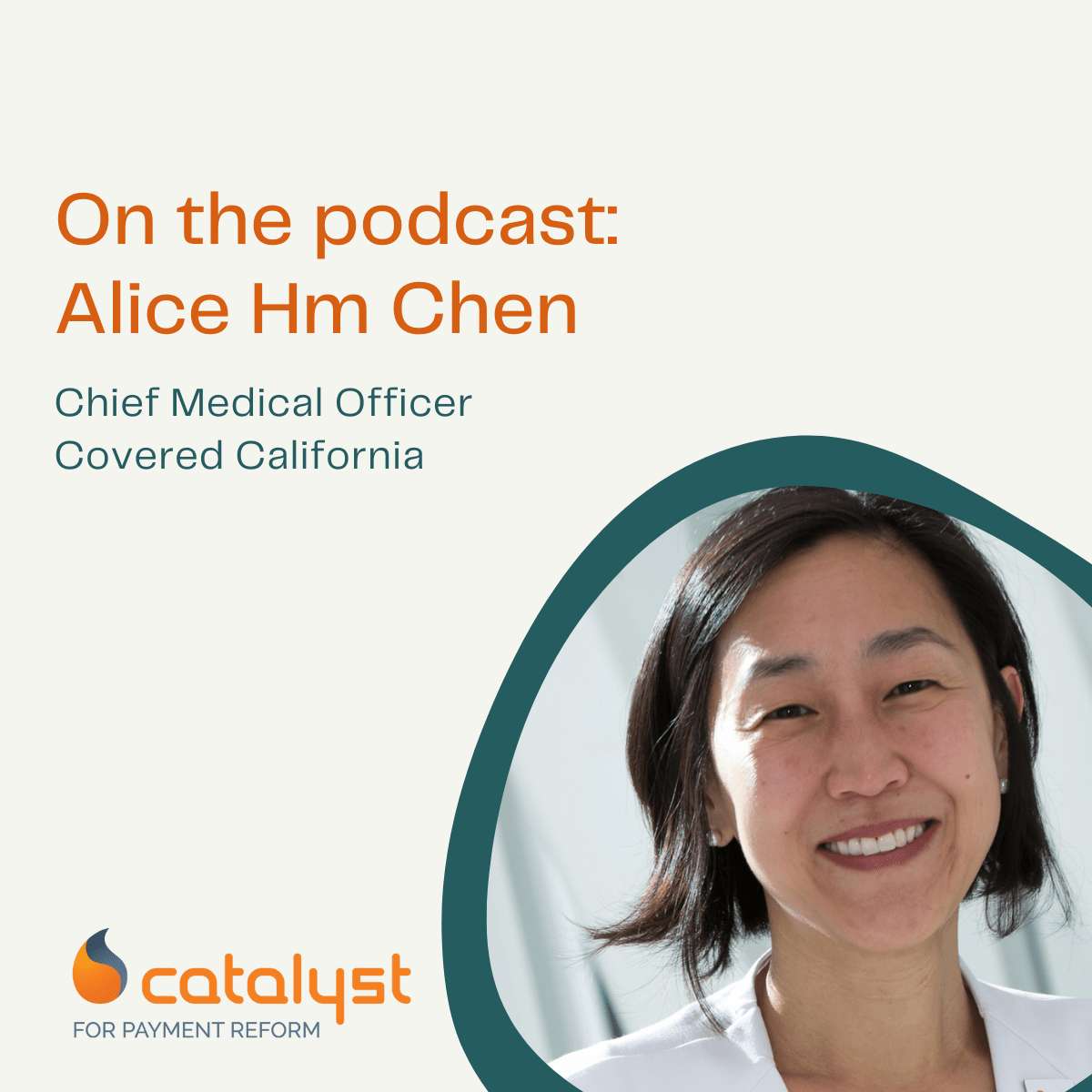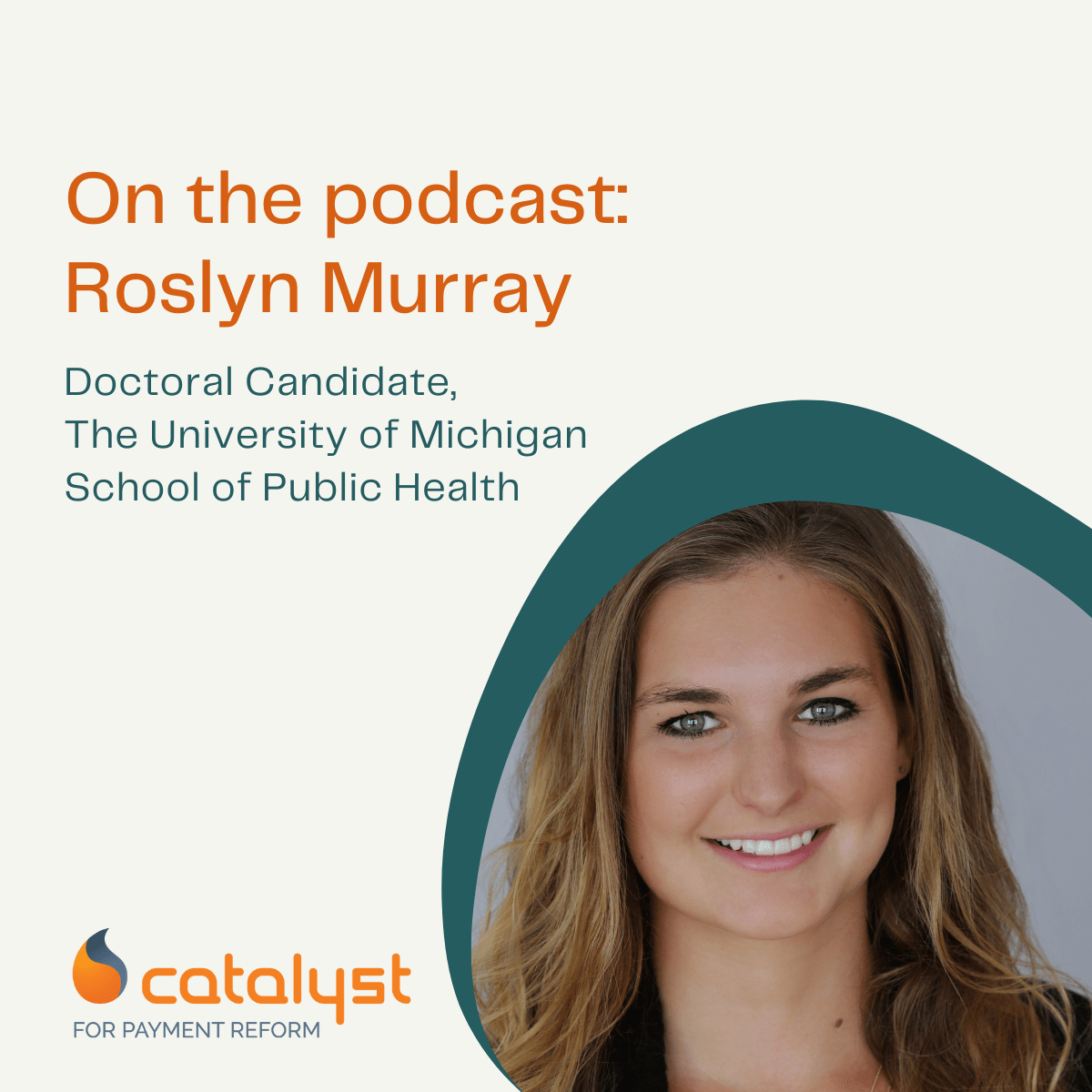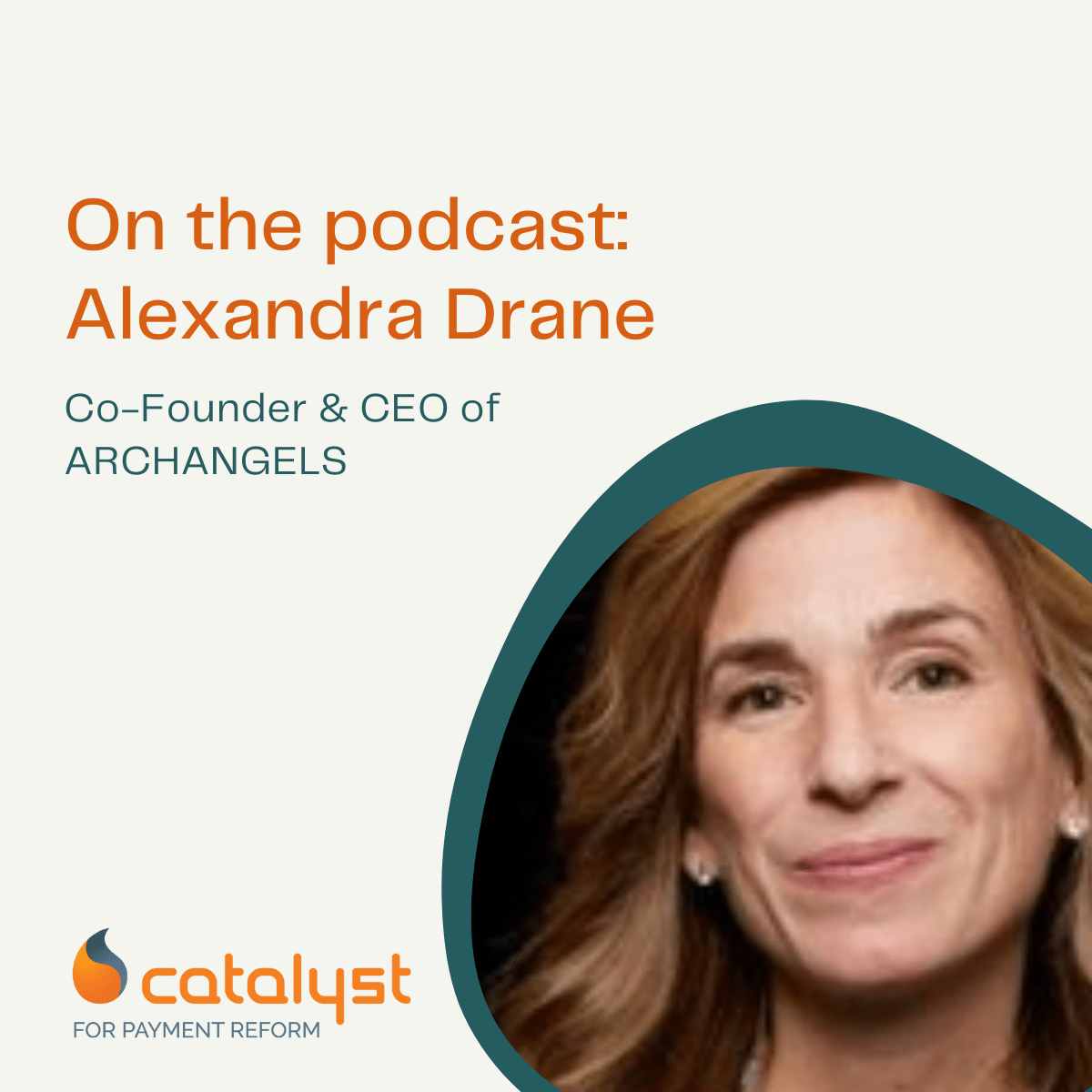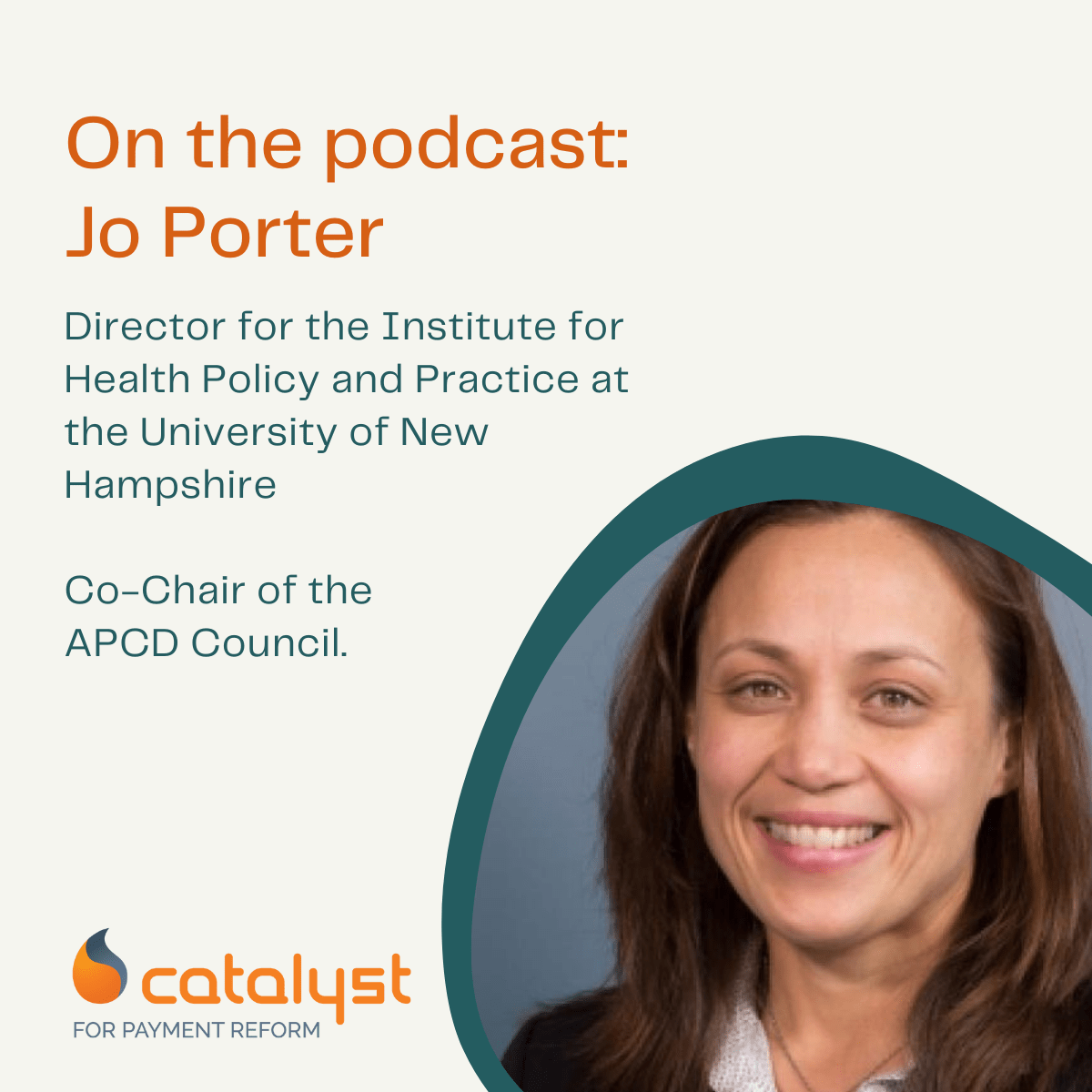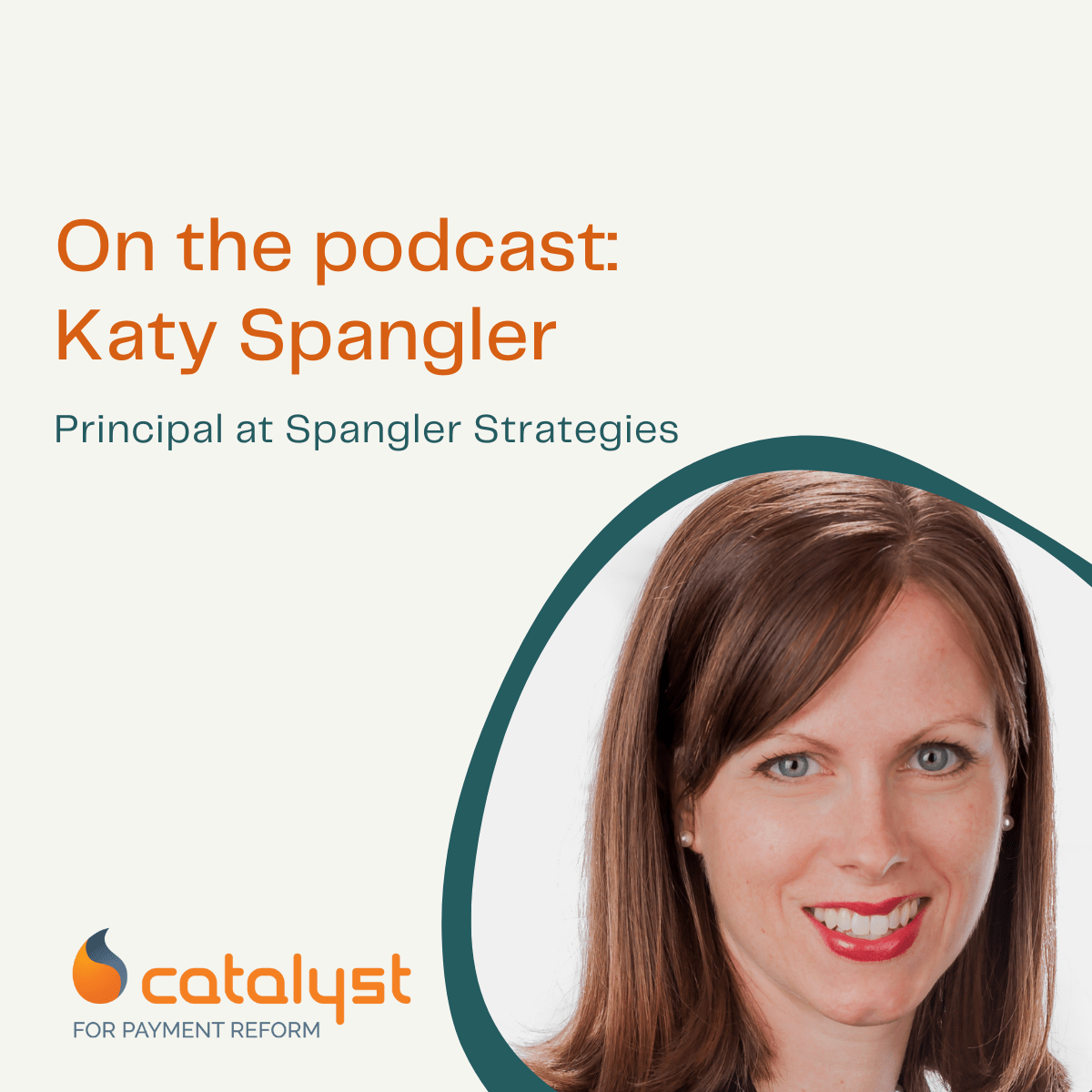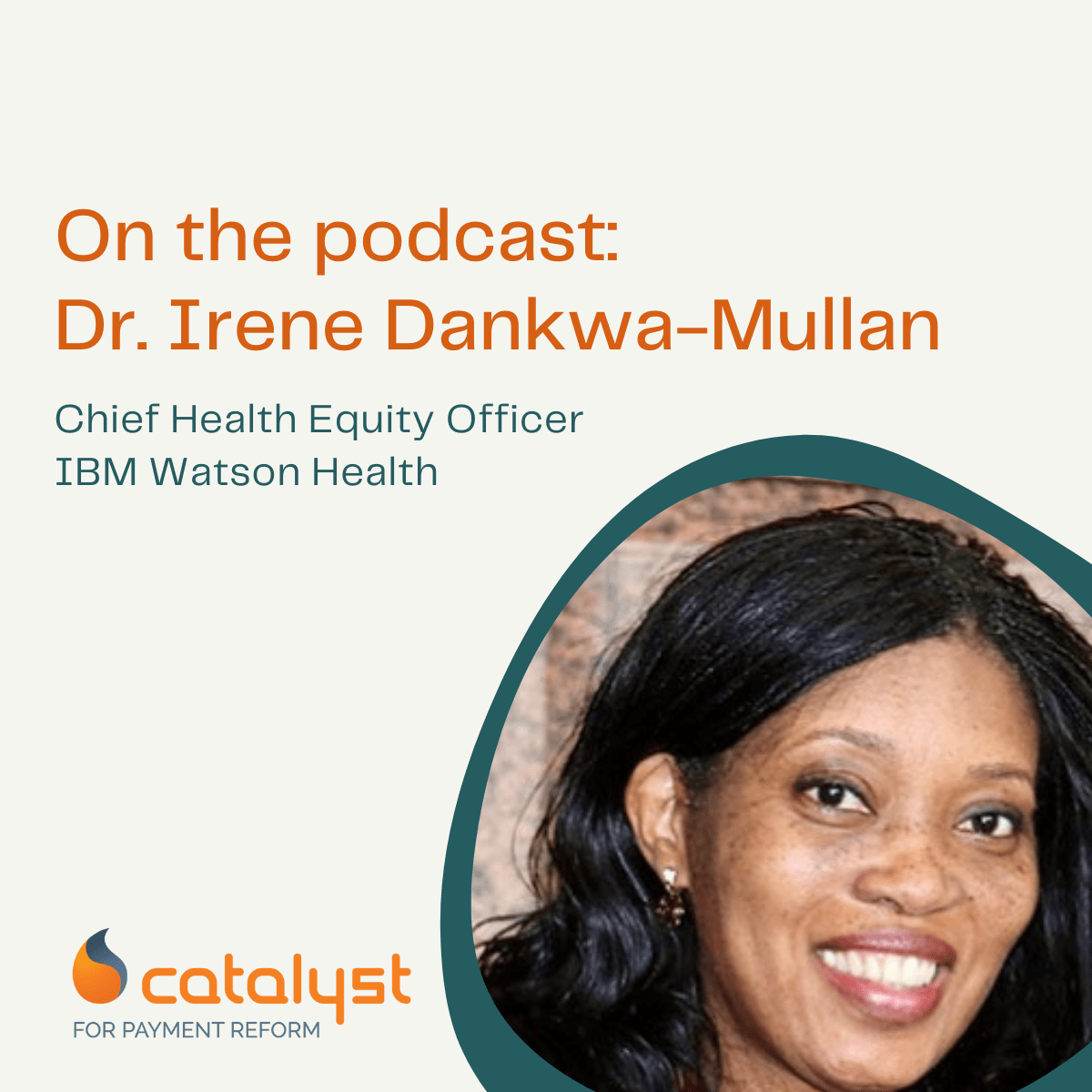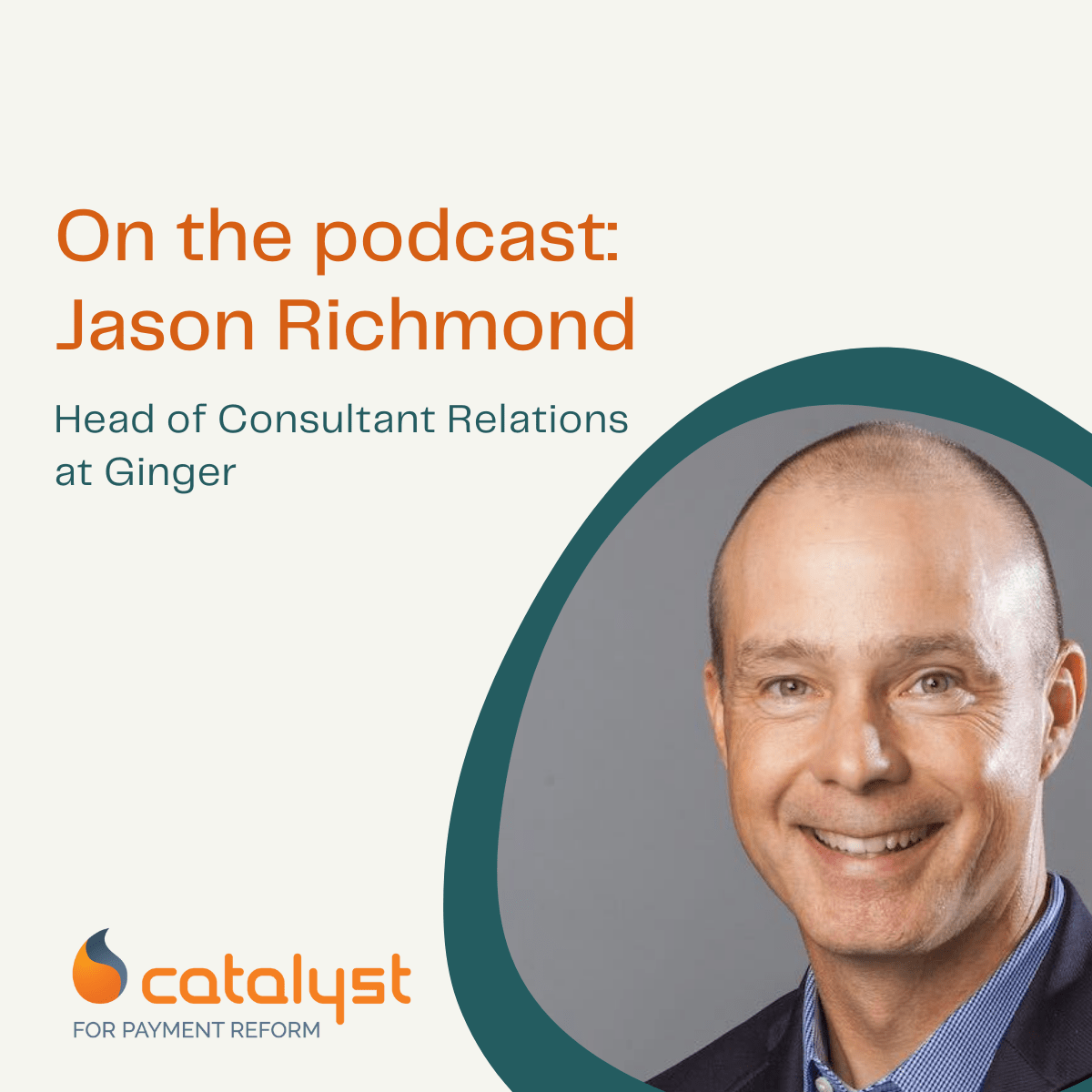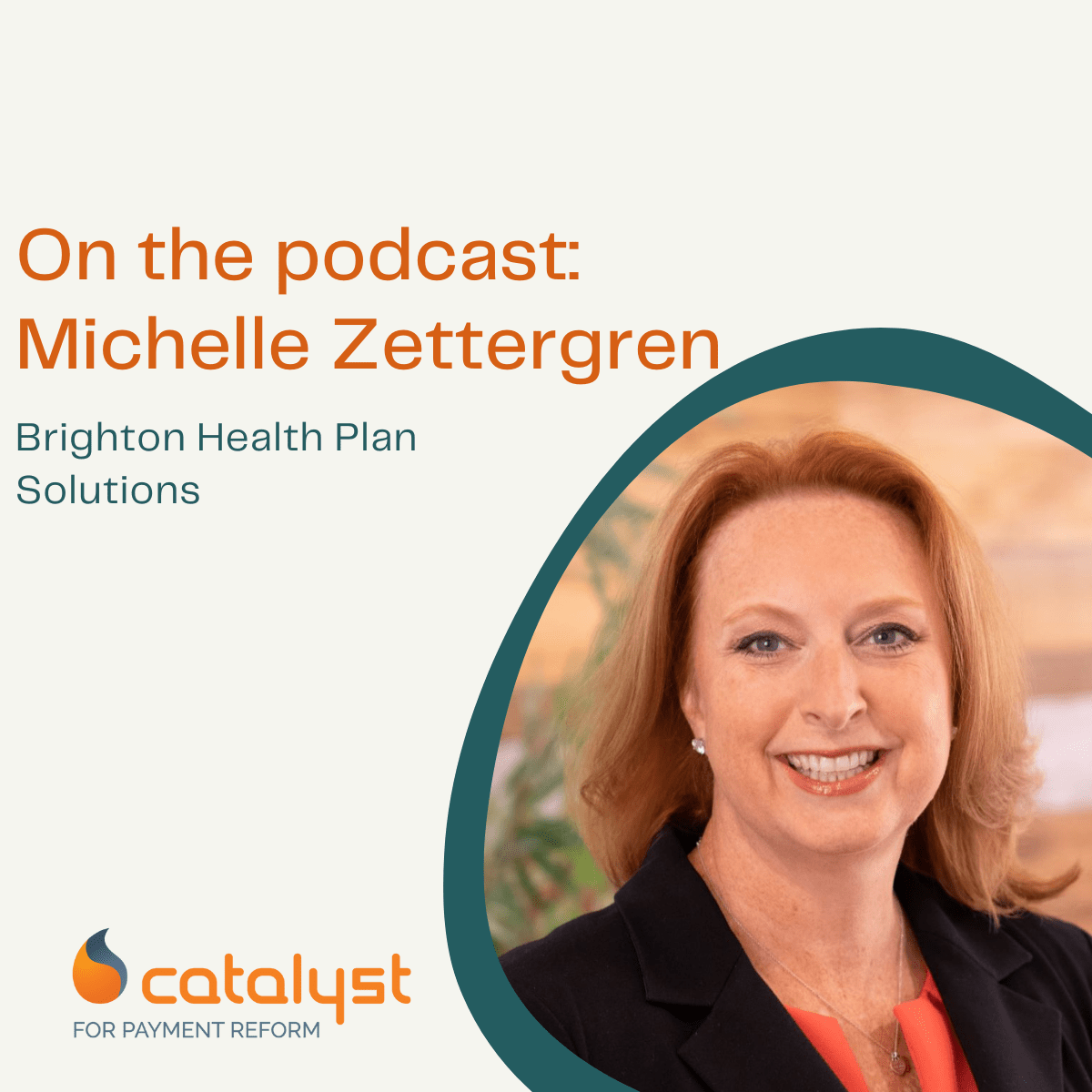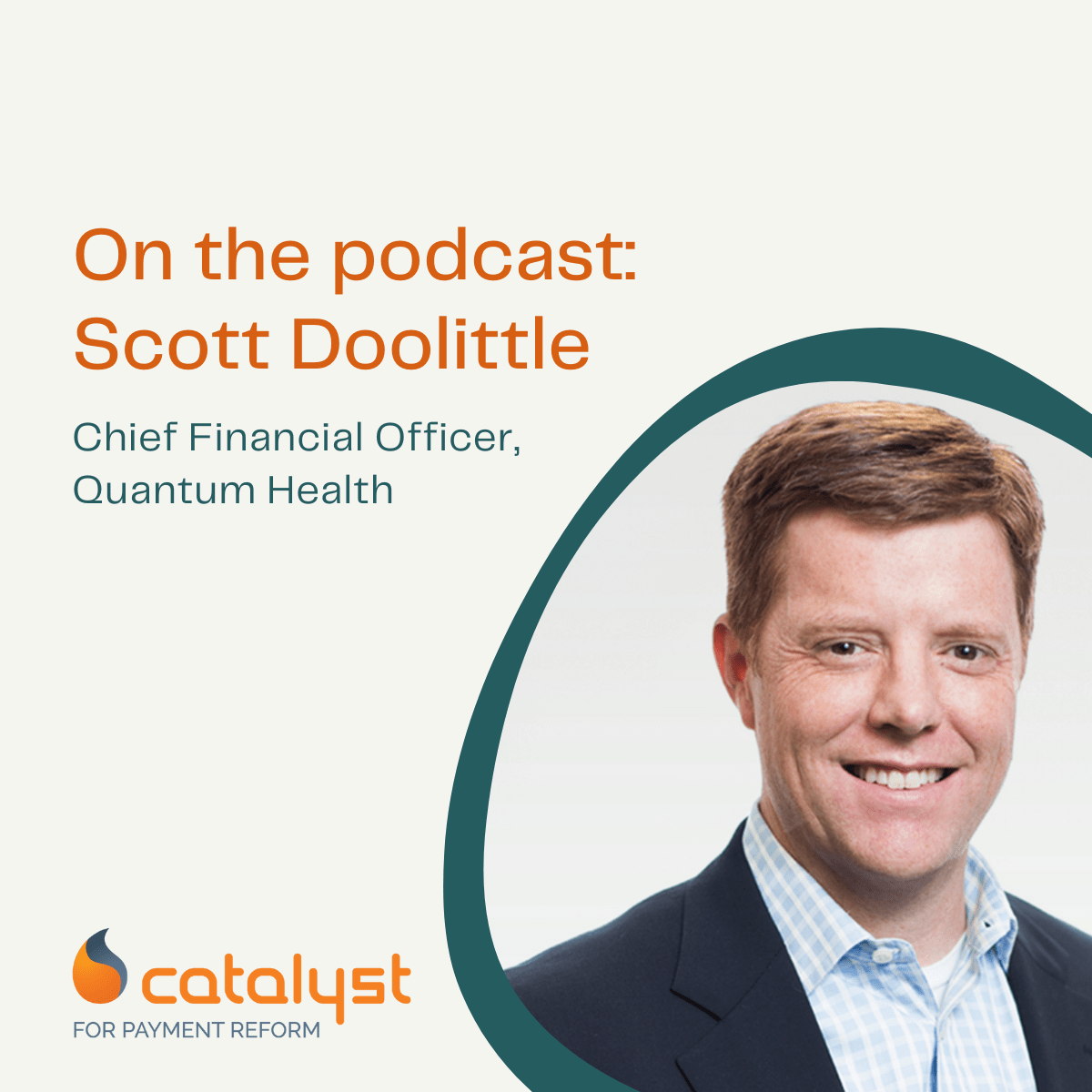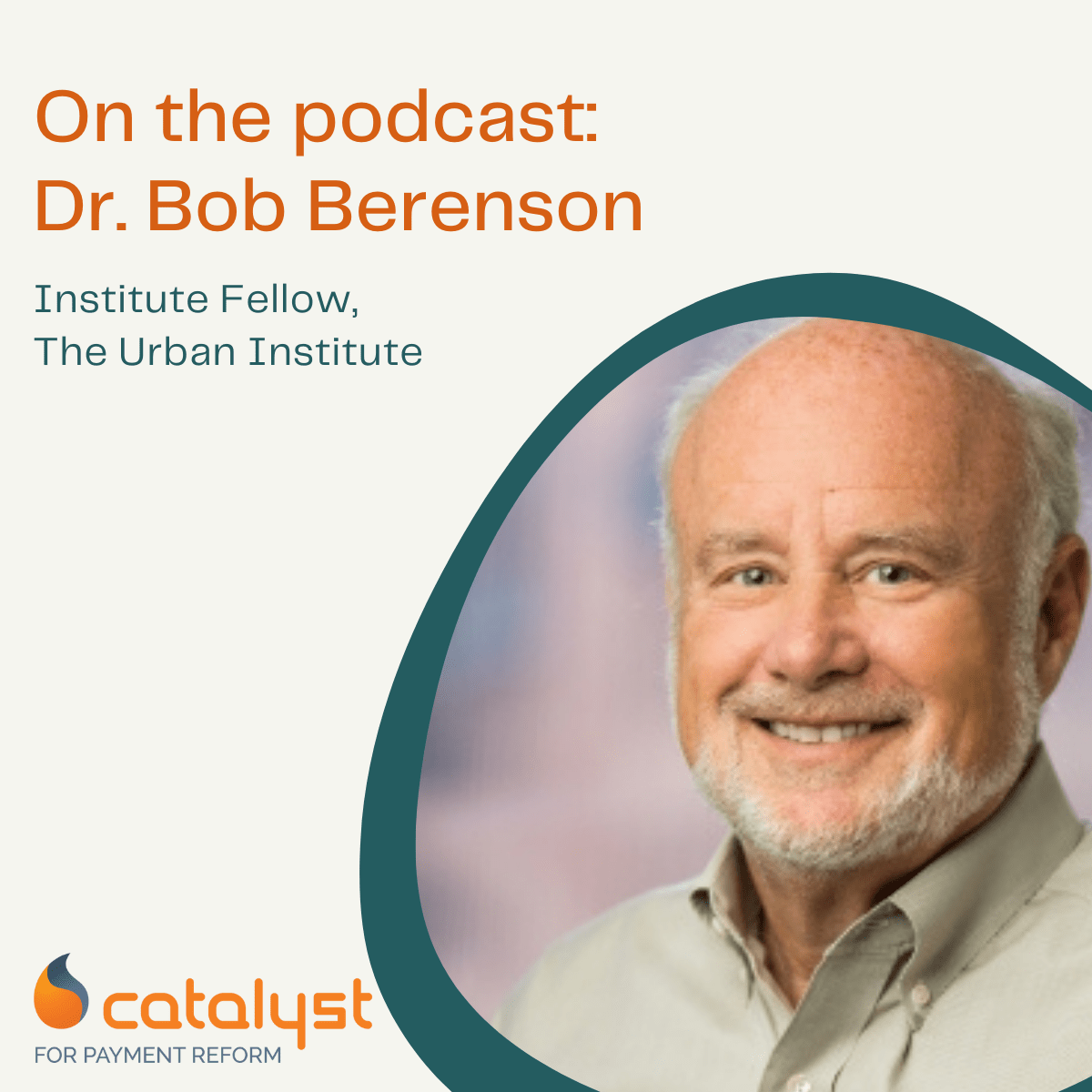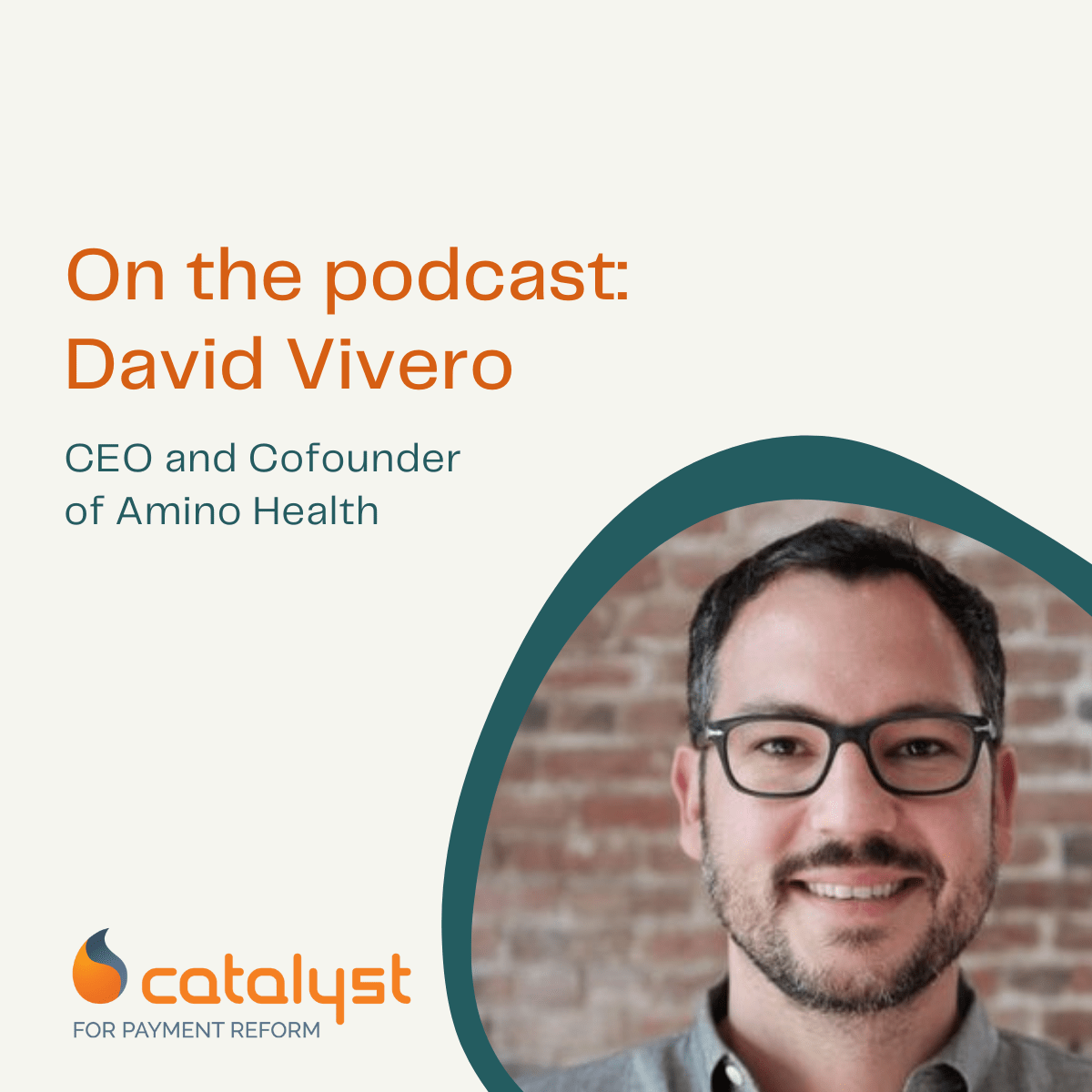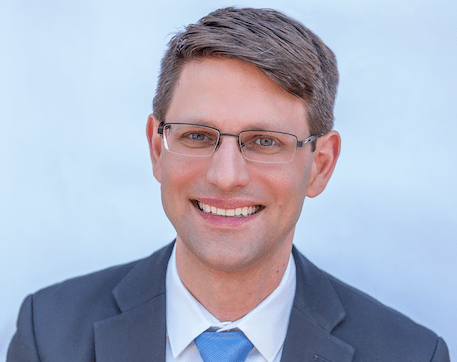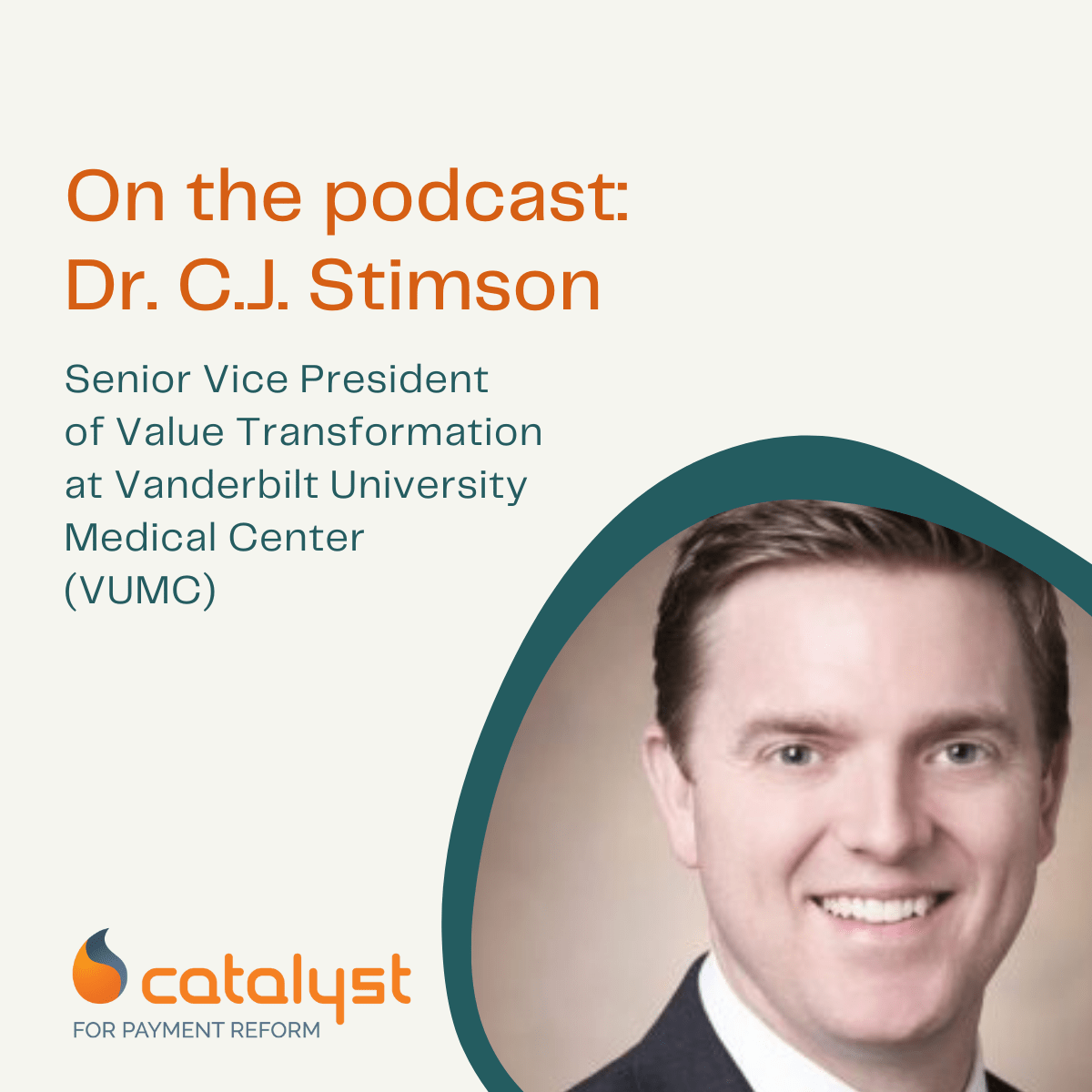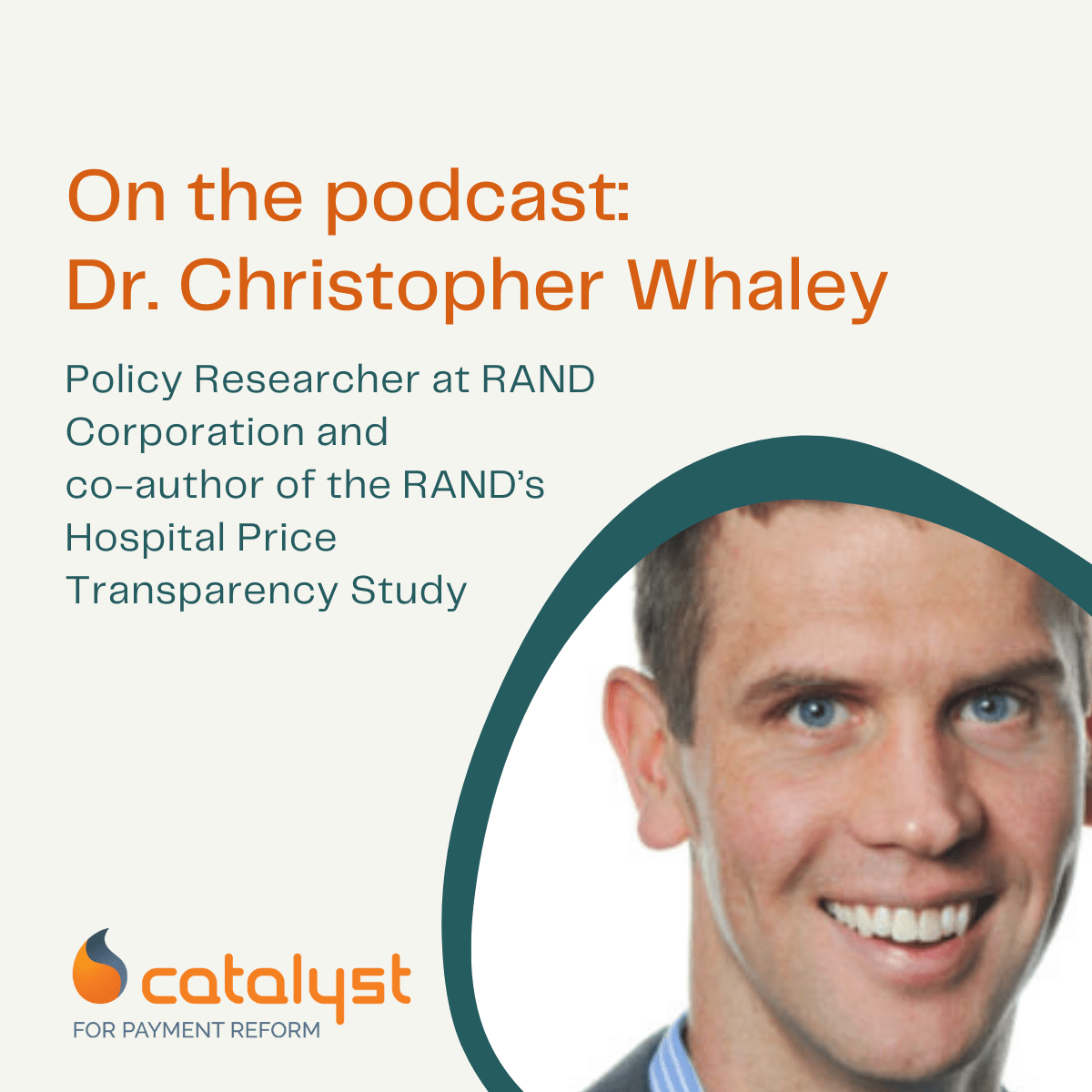Suzanne Delbanco speaks with Nate Freese, MBA, Senior Director of Data Strategy at Grand Rounds Health, a health care quality and navigation solution offering employers a data-driven clinical navigation platform paired with patient advocacy tools. Nate leads data strategy at Grand Rounds Health, where his team is responsible for building algorithms that match patients with the right providers based on billions of historical clinical interactions.
Nate offers a helpful introduction to data science by describing the three types of analyses that data science tackles as well as use-cases that help physicians, pharmaceutical companies, and patients make informed value-oriented choices. He then explores the major challenges that health tech companies face in bringing their data use-cases to life, including the siloed and unstructured nature of health data and the talent shortage of data science professionals across the country. Finally, Nate shares the approach Grand Rounds Health uses to track and improve its ability to reduce health care disparities.
Data science simplifies the unimaginably complex and predicts the future to help us make better decisions. In health care, the difference between the right and wrong decision can result in hundreds of thousands of dollars in spend, hospitalizations, or worse. In this episode, you’ll learn how Grand Rounds Health is using data science to power its clinical navigation platform and patient advocacy tools, with an eye toward health equity and cost containment.
Featured quotes:
“Messy data is another challenge for applying data science in health care. The data often requires a lot further processing to make it useful, and is often inconsistent – you have systems with different definitions of the same concept or information. Ultimately, it takes very specific skills sets and domain expertise to make health care data sets useful. And that gets to the next big challenge, which is talent shortage.”
“There’s a big disconnect between the number of companies out there that have a compelling vision for how they could use data in a health care context, and the number of companies that are actually doing so. A big factor is finding the people they need to realize that vision.”
“Data scientists are not one-size-fits-all. It’s usually not that you need 1 or 5 data scientists at your company to realize your vision for using data. It’s more likely that you need a couple of data engineers, you might need a couple of machine learning experts, a natural language processing expert, a statistician and a couple of epidemiologists. Each of these people are data scientists, but they bring a different skillset to the picture, and you need several of them to suite a particular use-case.”
